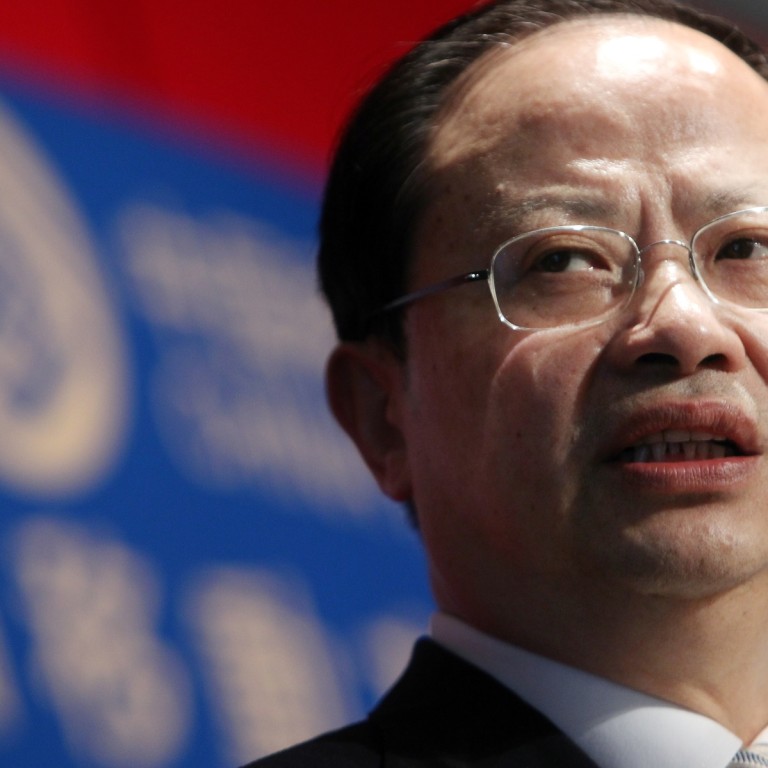
Jego suspension: China Mobile's latest mixed signal
China Mobile's reversal on its new Jego service is its latest mixed signal on a key strategic issue, reflecting dysfunction within the company
The reasons given for the suspension were vague, saying Jego was still in its "optimisation phase". A source at China Mobile said the move may have been caused by differing opinions within the company on the future direction of Jego. The source said some China Mobile executives may have feared that Jego would steal even more business from the company's SMS and other services.
This strange reversal for such a highly hyped product seems to be consistent with a growing trend for mixed signals from China Mobile under its new management. In another mixed signal, the company announced in April it had applied for a mobile license in Myanmar with European giant Vodafone (London: VOD). But then just two months later it abruptly announced it was dropping the bid for largely unexplained reasons.
China Mobile has also sent mixed signals on its neglected 3G network, based on a homegrown technology called TD-SCDMA. The company did little to promote the problematic network in the first two years after its launch, but then suddenly began to promote it strongly late last year. At the same time, however, it was also sending strong signals that it could quickly abandon that campaign if it succeeded in winning a license to launch 4G service later this year.
These mixed signals could simply reflect the fact that Xi and his new team of top managers are still consolidating their positions at the company, and are still in the process of deciding their stance on many key strategic issues. But if this kind of indecision and policy reversals continue much longer, it could become a troubling sign for the company just as it rolls out its highly anticipated 4G service later this year.
Bottom line: China Mobile's reversal on its new Jego service is its latest mixed signal on a key strategic issue, reflecting dysfunction within the company.
To read more commentaries from Doug Young, visit youngchinabiz.com

